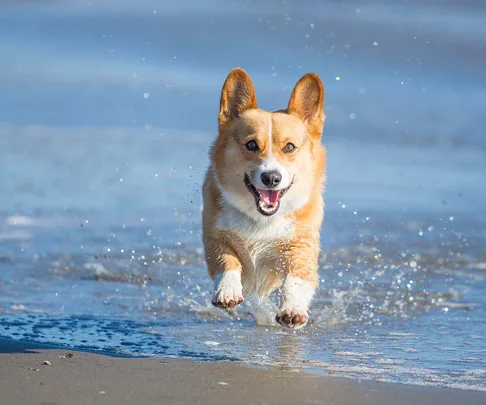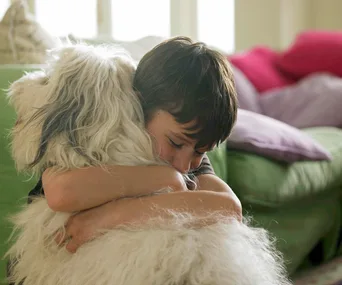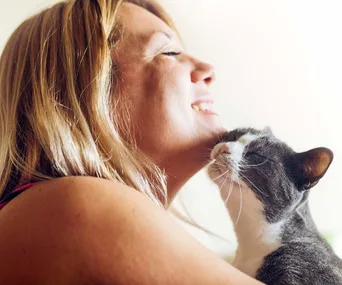We all love summer, including our pets, but it can also be an uncomfortable, hot and itchy time for them.
Dogs and cats can quickly overheat and certain breeds find it more difficult than others to cool themselves down.
Skin sensitivities can flare up and of course fleas love the summer, meaning pet parents need to be extra vigilant about keeping their fur babies flea-free.
Providing shade and plentiful water are the two most important things you need to do for your four-legged friends, says NZ Professional Vet Affairs Manager Dr Danielle Page.
She also advises, “NEVER, EVER leave your pet in a car.
“On a 30°C day, the temperature inside your car can reach 39°C in less than five minutes and in 30 minutes it goes up to 49°C. This occurs even in the shade and even if the car windows are open.”
Here, Dr Page gives her top tips on how to care for your pet over summer:
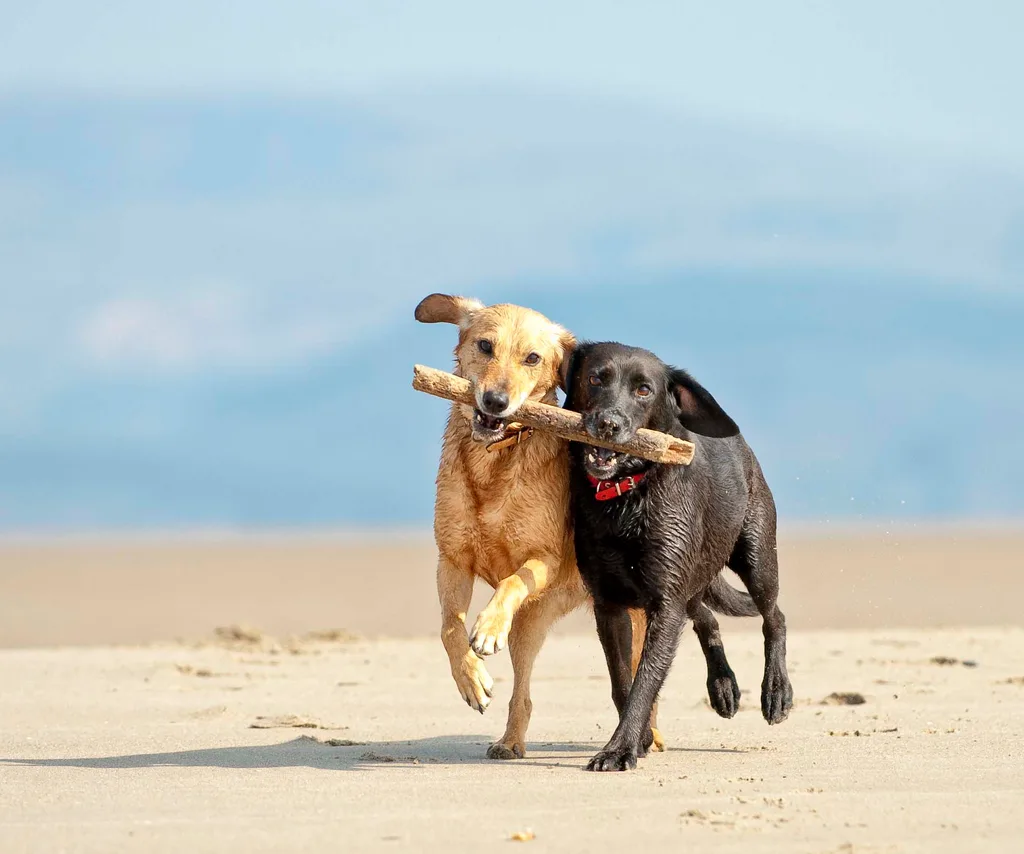
Play and exercise for dogs
• Walk your pets at the coolest times of day. Early morning is best followed by later in the evening.
• Avoid long and strenuous walks on hot, sunny days, and steer clear of prolonged sun exposure. Many cases of heat stroke in dogs are due to strenuous physical exercise on warm days, so it is important that you pay attention to your pet’s needs (see below) and avoid overexertion. Take your pets to a well-shaded area that ideally has a place to swim so they can cool off, and if they want to slow down or stop, follow their lead.
• Dogs with flat faces, such as bulldogs and pugs, are more susceptible to heat stroke since they cannot breathe or pant as effectively as dogs with longer noses. Take extra care with dogs of these breeds when exercising in the summer.
• An easy way to judge how hot the footpath is to place your hand on the pavement for 5 seconds. If it’s too hot for your hand, it is too hot for your pet’s paws!
• Water play ideas: Sprinklers and plastic paddling pools are great ways for your pet to cool off. I don’t recommend using the garden hose as some dogs learn to attack the hose and then you might find a holey hose the next time you go to water your plants!
• On longer walks or adventures always take a water bottle and collapsible bowl and ensure there is plenty of water available after exercising.
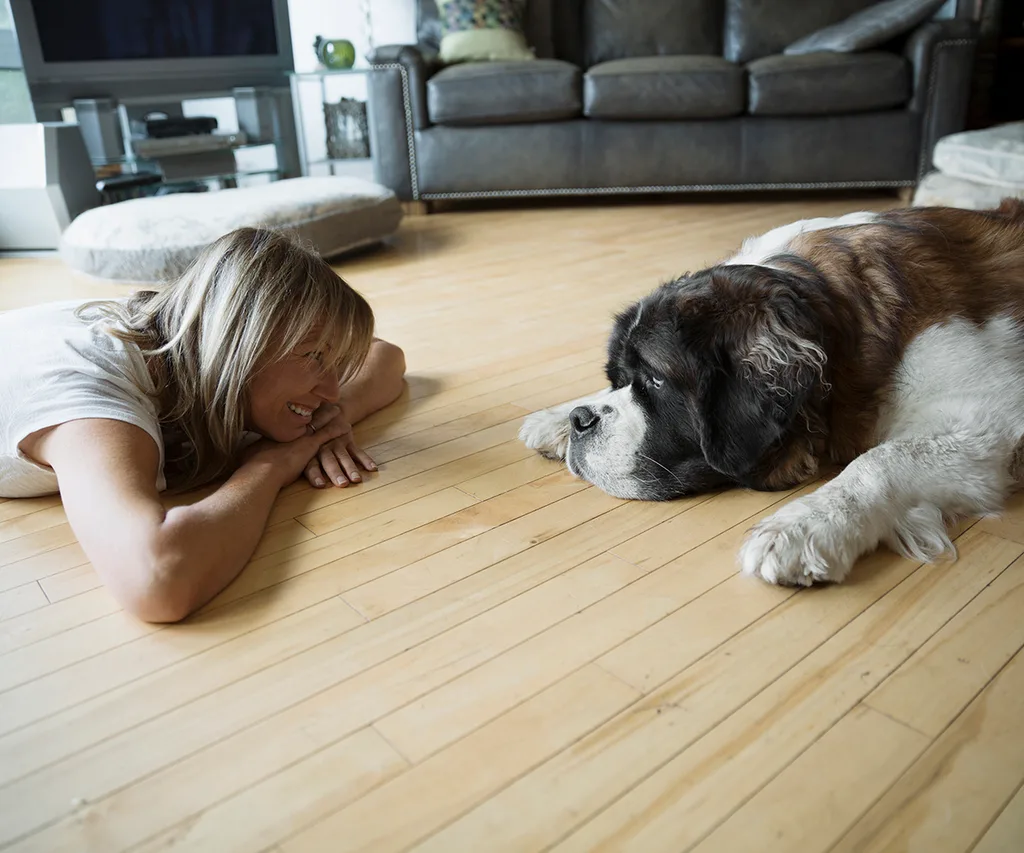
Skin sensitivities in summer
The most common skin issue that flares up in summer for pets is flea allergy dermatitis as fleas thrive in summer.
Fleas make your pet itch like crazy and your fur baby can pick them up not just from your home but also the outside environment. There are some amazing products available now (no more flea shampoos and flea powder) and your local vet clinic is the best place to give you advice on the right product for your pet.
Skin support foods can also help combat these from the inside out.
The second skin issue we tend to see in dogs is hot spots.
Hot spots are caused by a condition called acute moist dermatitis. They are itchy, painful skin lesions that result from constant licking, biting, and scratching of one area. There are a variety of reasons some dogs get hot spots and this is best discussed with your vet.
Signs that your pet is too hot or overheating
Pets can heat up very quickly and cats and dogs only sweat a little through their paws, instead relying on breathing/panting to cool down.
Take extra care if your pet is older, overweight, a flat faced (prachycepalic) breed such as bulldogs and pugs, and those suffering from cardiac conditions. If they start to actively pant and slow down, it is time to stop and cool them down.
Heat exhaustion is typified by excessive panting, restlessness, excessive drooling, unsteadiness, abnormal gum and tongue colour, collapse, vomiting and seizures.
If you think your pet is suffering from heatstroke offer them lukewarm water, spray/wipe some lukewarm water (cold water can cause their blood vessels to constrict which will delay cooling) on their exposed areas such as belly and armpits and take them to the vet immediately.
To cool your pet down:
• Half-fill a shallow paddling pool for your dog to bathe in. Just make sure your dog can get in and out easily and lie down without being submerged.
• Put ice cubes in their water bowl, or in glass around the house for your cats, or freeze a big block of ice for your dog’s outdoor bowl.
• Doggie ice blocks are also a great way to keep them hydrated. Just freeze your dog’s favourite treat in water, inside a Kong, or an ice-cream container.
• You can find cooling mats at most pet stores and both cats and dogs can use them.
• If you have a pedestal fan point it at the dog bed – some dogs love to sit in front of the cooling air.
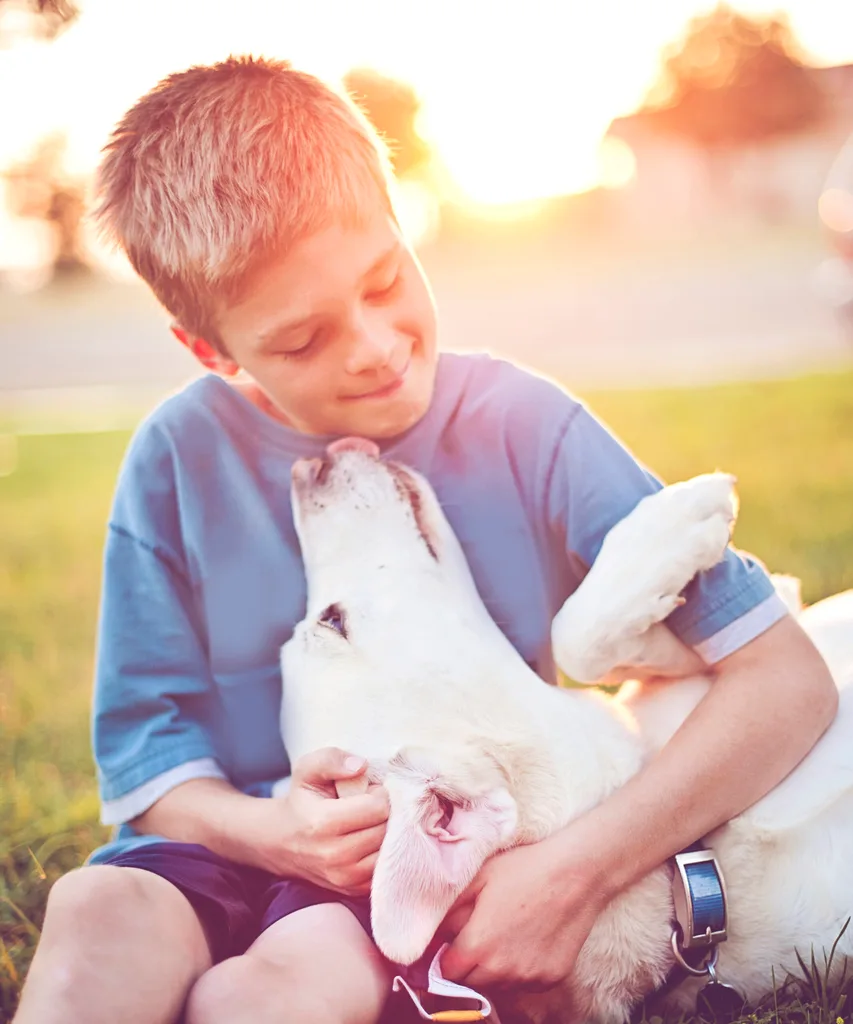
Best care options for pets if you’re going away over summer
I am a big fan of getting a live-in house sitter – you get the double benefit of someone looking after your house as well as your beloved pet getting to stay in their own home – plus you save on kennel fees. There are some great sites that match people up. We are going away for a month and have a lovely couple that are currently building a house looking after our two dogs.
There are also commercial pet-sitting companies that will come in and spend an hour with your pet and feed them etc – this is not suitable for all pets as they are only there a limited time.
If you find a good kennel/cattery they can be a great option.
Another option not often considered is mutual pet minding – we used to do this with a core group of friends that had dogs of similar sizes. We would look after their dogs when they were away and vice versa. It is also fun for the dogs to have some ‘friends’ to hang out with.
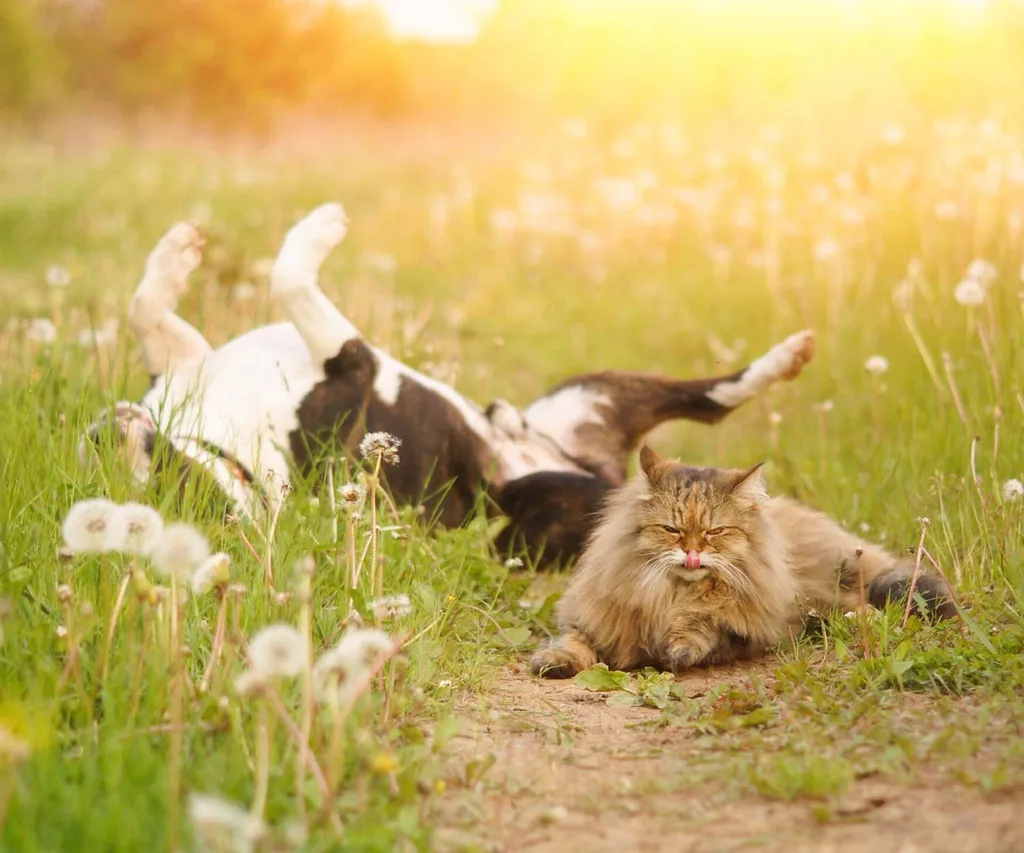
Pets, like humans, can tend to eat a little less in summer
While any sudden changes in appetite or sudden weight loss or gain warrants a call to your veterinarian, your pet’s appetite may vary from season to season.
There was a study published in PLOS ONE on 38 cats that showed they ate 15 per cent less in summer than winter without any weight loss. I think many would agree the same would be seen in dogs.
This makes sense as they tend to be more inactive in summer as well as they don’t need to use energy to keep warm. A high-quality, super premium diet fed throughout the year is all that they need.
HIMA-SK-197EF171
For more information about caring for your pet and meeting their nutritional needs, visit hillspet.co.nz
